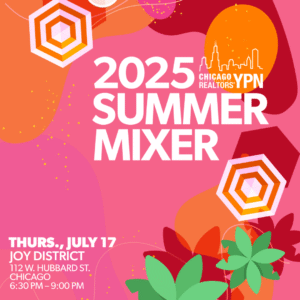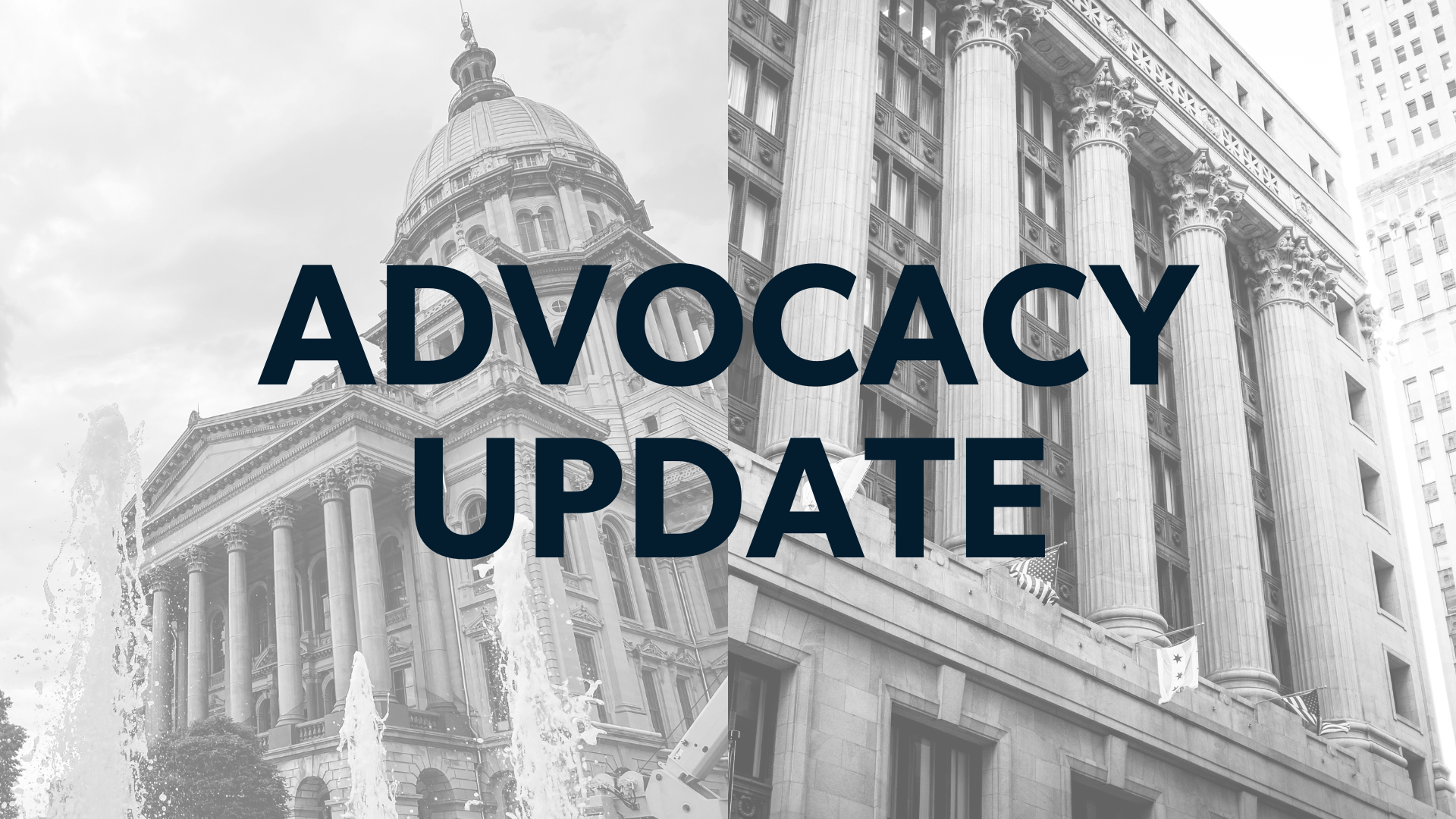UPDATE February 10, 2021: On February 5, executive order 2020-72 was re-issued and extended until March 6, 2021.
On Friday, Nov. 13, Governor J.B. Pritzker, seeking to “balance the rights of tenants and landlords,” issued Executive Order (EO) No. 2020-72, extending the moratorium on initiating and enforcing residential evictions, with some amendments.
Per Illinois REALTORS® Guidance:
While this new EO appears to provide a small opening for some housing providers to pursue evictions for those tenants not substantially impacted by COVID-19, the exact language stops short of providing total relief. Specifically, the EO provides that housing providers can commence eviction actions against those that are not “covered persons” (defined by the EO) unless the “covered person” presents a threat to other tenants or the property. But the new EO also provides, like earlier versions, that eviction orders cannot actually be enforced unless there is a judicial finding that the tenant or occupant is a threat to the safety of other tenants or the property.
It is not clear if the Governor intended to allow housing providers to only proceed as far as securing the eviction order but not regain possession of the property. A judgment entered against the tenant, while perhaps not immediately enforceable by a housing provider, could begin accruing statutory interest and would lock in the amount of past-due rent owed to the date of the judgment.
You may read the executive order in full here.
KEY PROVISIONS:
Definitions
- A “Covered Person” is a tenant who provides a landlord or other housing provider with a right to pursue eviction or an action for possession with a Declaration that:
- They expect to earn no more than $99,000 (or $198,000 if filing jointly) in calendar year 2020; they were not required to report any income in 2019 to IRS; or they received an Economic Impact Statement under the CARES Act;
- They are unable to make full rent payments due to loss of income or increased expenses due directly to COVID-19;
- They are using best efforts to pay as much as possible taking into account Non-Discretionary, or necessary, expenses; and
- Eviction would likely render them homeless or force them into shared space with a new group in order to avoid homelessness.
- The “Declaration” is a form including a sworn statement under penalty of perjury, available through Illinois Housing Development Authority (IHDA). The form that IHDA will provide is not yet posted but the language in the EO mirrors the language in a form created by the CDC.
- Housing providers must provide these forms to tenants prior to commencing any eviction proceeding (including providing notice to a tenant of the intent to terminate the occupancy).
- Non-Discretionary Expenses include:
- Food
- Utilities
- Phone and internet
- School supplies
- Cold-weather clothing
- Medical expenses
- Childcare
- Transportation costs, including car and insurance payments
Commencement of residential evictions
- Housing providers may not commence a residential eviction action against a Covered Person unless the person poses a direct threat to safety of other tenants or a severe risk to property
Enforcement of residential evictions
- This section prohibits law enforcement officers from enforcing residential eviction actions against ANY tenant, lessee, sub-lessee or resident unless that person poses and direct threat to safety of other tenants or severe risk to property. NOTE: This section, covering enforcement of eviction actions, appears to apply to all residential tenants and not just those who are Covered Persons.
Obligation to pay rent
- Nothing relieves tenants (Covered Persons or not) of the requirement to pay rent or comply with other terms of the lease or rental agreement.







